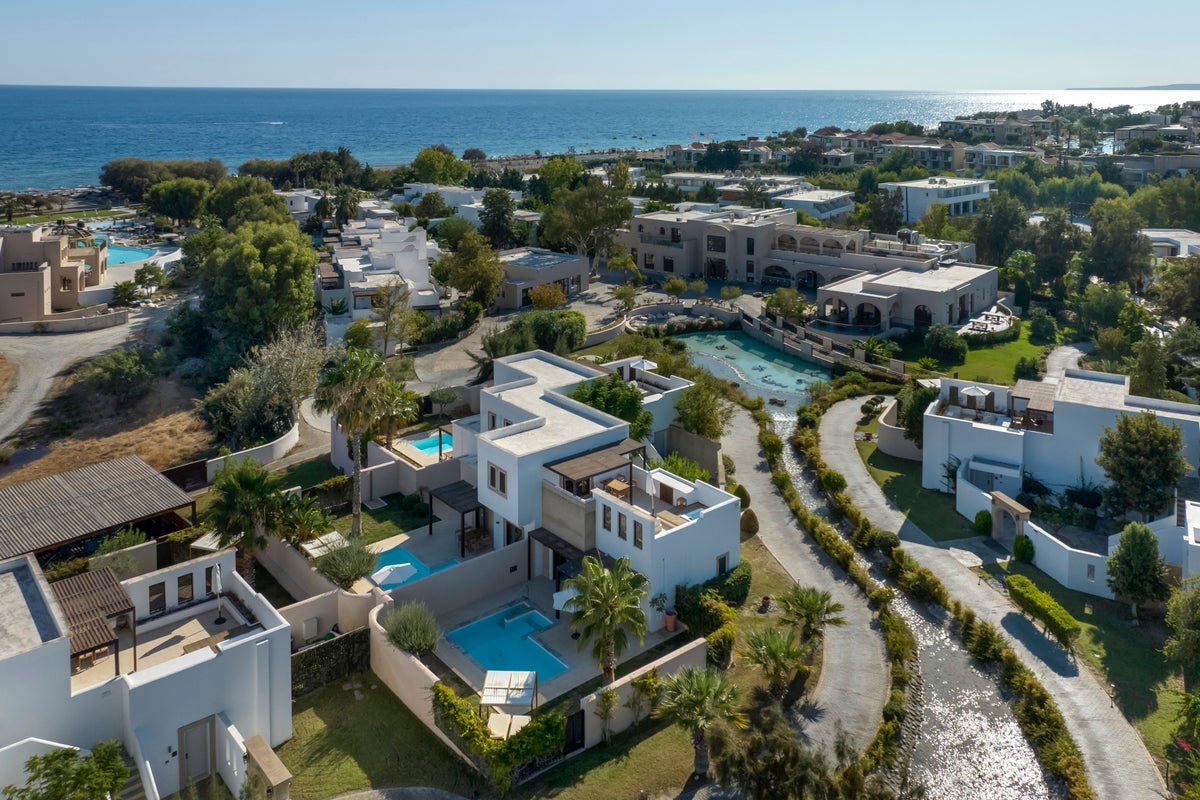Talk 6: The wisdom that removes the root of violence
You can live your enlightened life every moment with mindfulness. Because mindfulness carries concentration and enlightenment. That is why I said enlightenment is our business, daily business. And not something far away, something you hope to have in the...
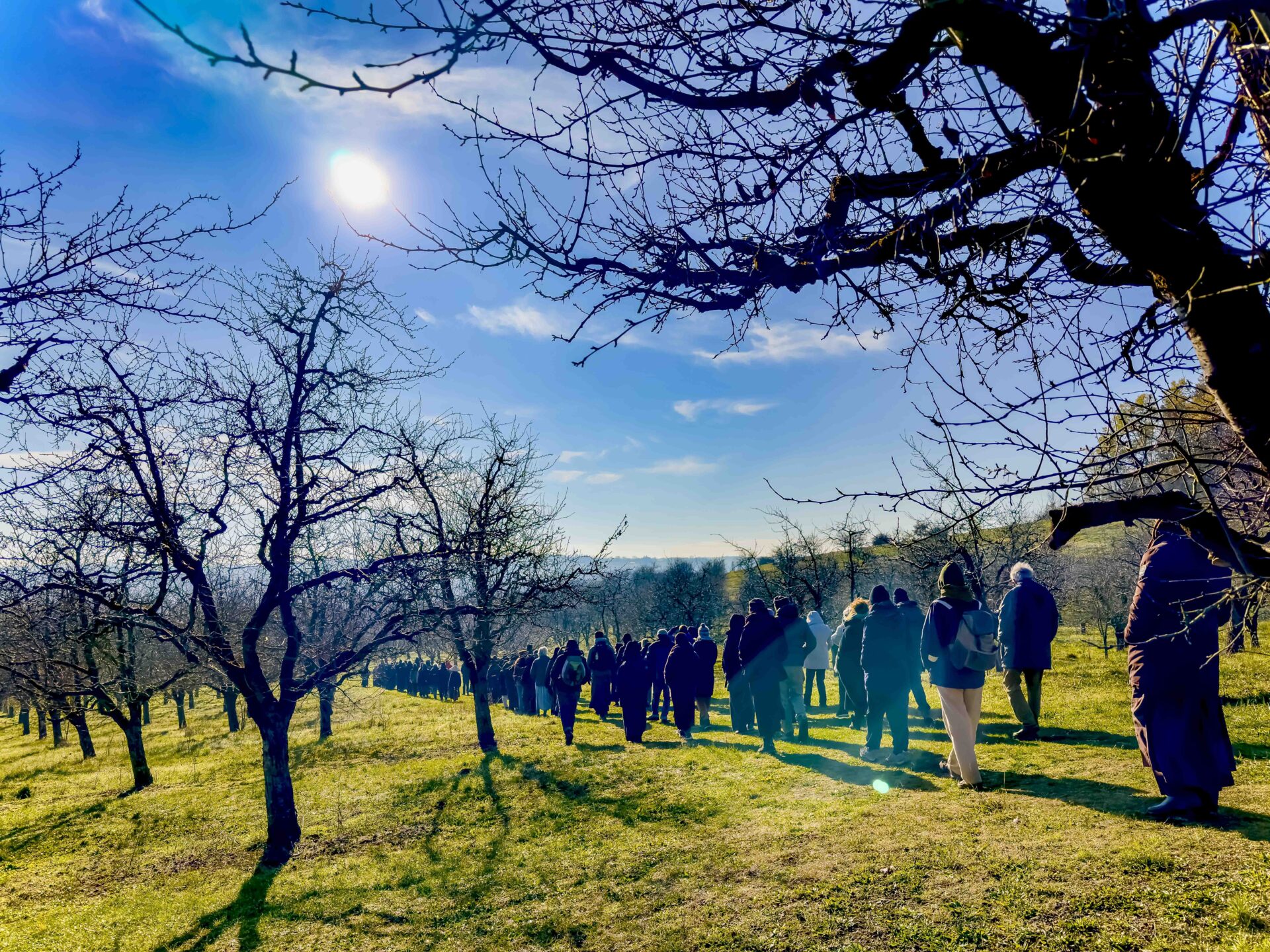
Thay’s 2008-09 Teachings on Ethics – Talk 6 – Rains 2023
Dear friends, Today's talk in English is part of Thay's 2008-09 teachings on ethics. We will continue to share related videos and excerpts from March 2024 onwards.Enlightenment is our daily business
True mindfulness carries within it concentration and enlightenment (insight). Aware of the rose, you recognize that it is there, you really get in touch with it, really see it. Enlightenment isn’t something far away. It is our daily business.
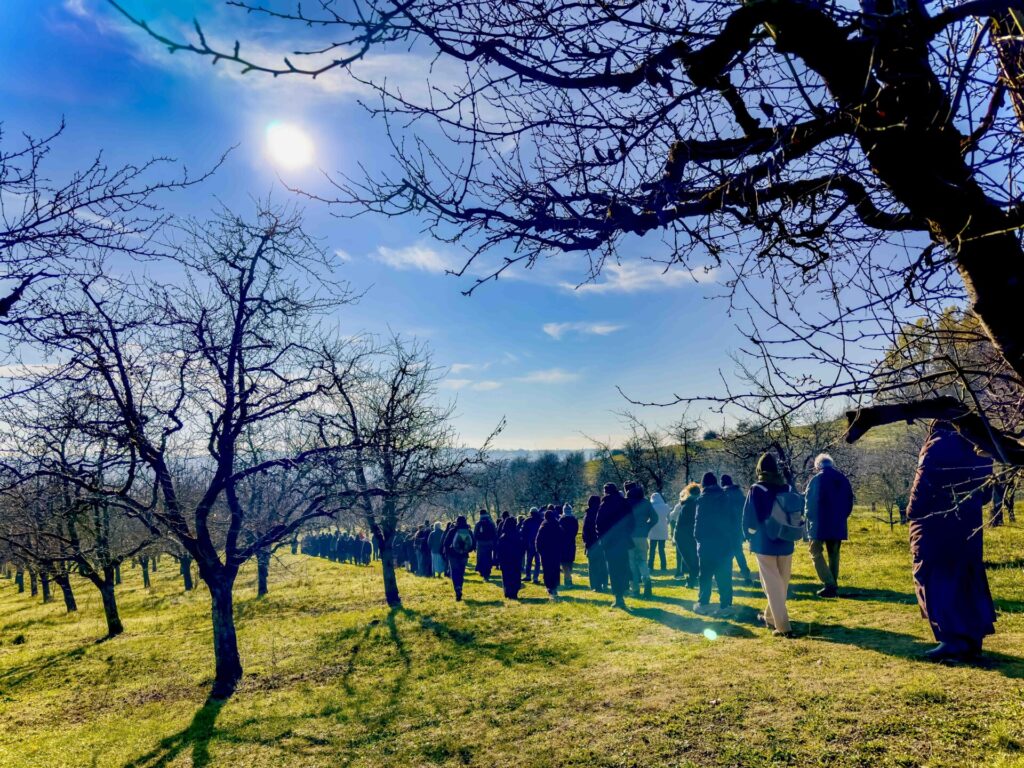
When you walk mindfully, with every step, the energy of mindfulness, concentration, and enlightenment is already there.
With the intelligent use of mindfulness and concentration, you can dig the soil of your mind and reach the insight like a well of water. “Emptiness”, “interbeing”, “impermanence”, “non-self”, “interdependent origination” are concentrations (samadhi) – powerful instruments that can give rise to insight. They are not notions.
And we know very well that love is not possible without insight.
If you do not understand,
how can you love?

Non-attachment to view is an important practice
Ethics, morality, should be based on right view, the first element of the Noble Eightfold Path.
Right view is a view of non-discrimination, of non-duality, and it cannot be the object of attachment. Non-attachment to view is an important Buddhist practice that can help the world. It removes the deepest root of war, of violence. You cannot kill in the name of God, of Truth, of ideology, of a view, or of your religion.
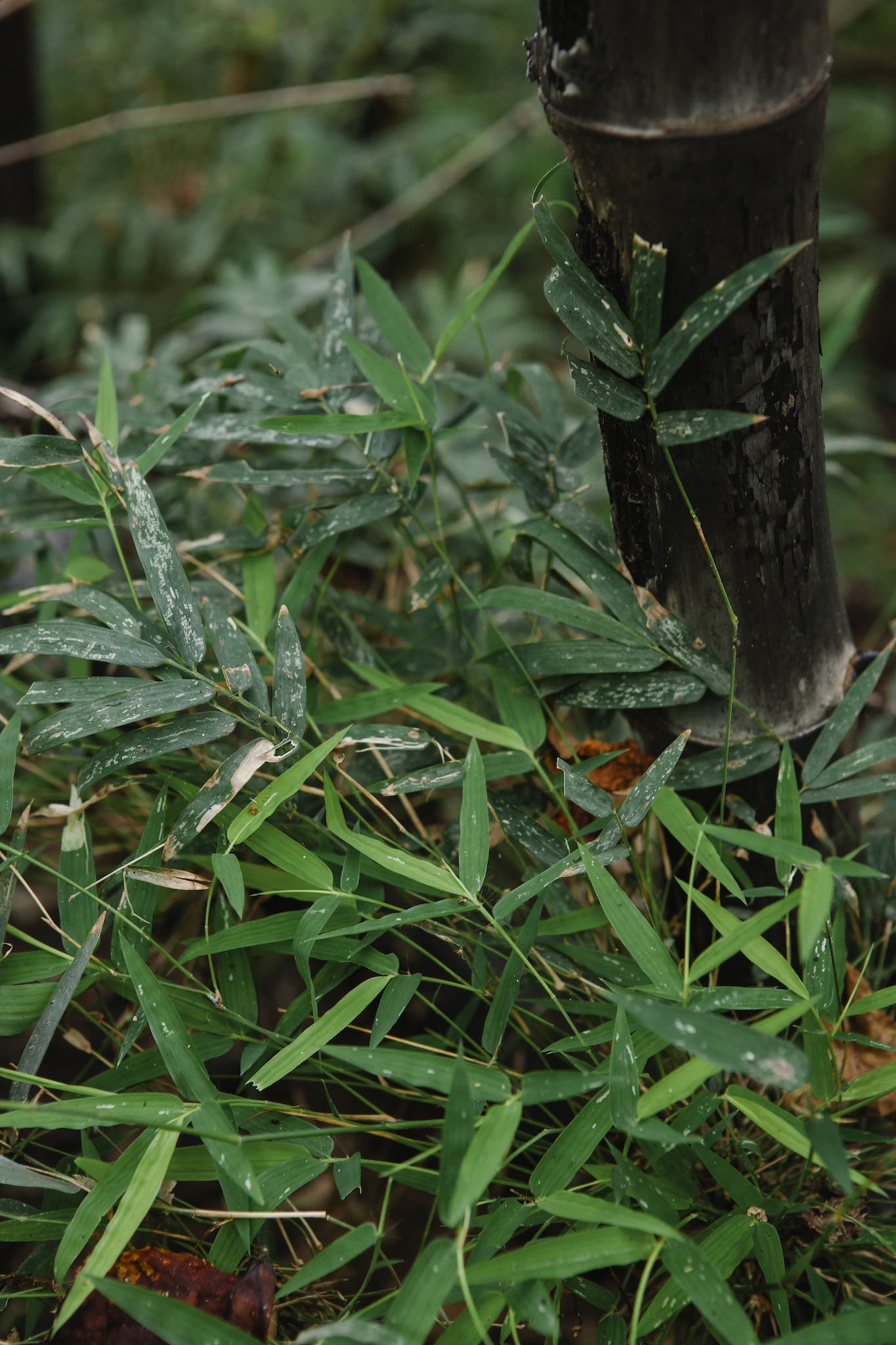
If you look deeply at a thicket of bamboos, you see the block of roots where they are all linked to each other and they receive nutriments together.
Looking above, you can see only individual stems of bamboos; looking deeply, you see that they are just one. When you come and cut one bamboo, you may think that it is dead, it is no longer there. But you know the whole block of roots are there and next spring, new shoots will come up and replace the bamboo that has been removed. You imagine that the different bamboo trunks are fighting each other to secure a place. But deeply they are one. Birth and death that happen on the surface do not affect them.
When you are used to the non-dualistic way of thinking, discrimination is no longer there and the fighting between ideologies and religions and notions of truth is no longer there.
You are your environment
With right view, you can practice right action – the kind of action that has the power to protect, to save, to help, to support. With right view, you will practice right livelihood, you have the kind of work that will not be harmful to other living beings and to nature. You can follow the path of sustainable development.
In the Buddhist teachings it is very clear that our thinking, speech, and action will bring about our future. And our future is us and the environment. We are not only this, but we are that.
When you are able to produce a thought in the line of right thinking, that thought will be characterized by understanding, protection, love. And when you produce a thought like that, you feel wonderful within yourself. The right thinking you are practicing begins to heal yourself and begins to heal the world.
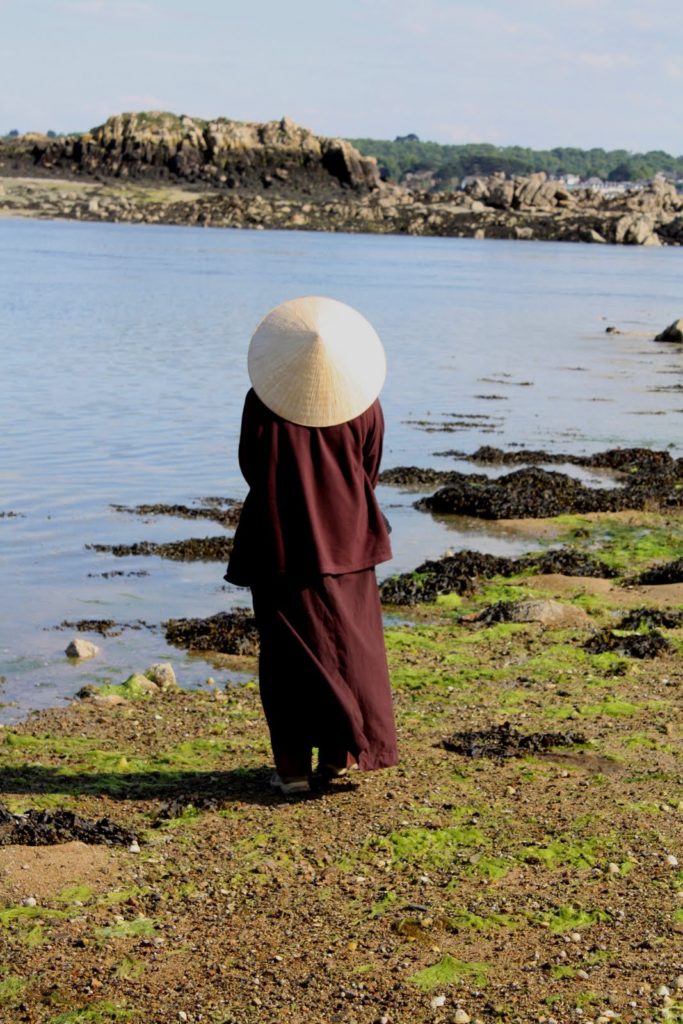
Thay continued the talk with teachings on:
Evolution of the 5 Mindfulness Trainings and the 14 Mindfulness Trainings in Mahayana BuddhismThe two wrong views of “double grasping”The link between Normative Ethics and Meta EthicsThe relative truth versus the absolute truthExcerpt from Thich Nhat Hanh’s 2008 December 21 teaching –
Dharma Nectar Temple, Plum Village France

 Aliver
Aliver 










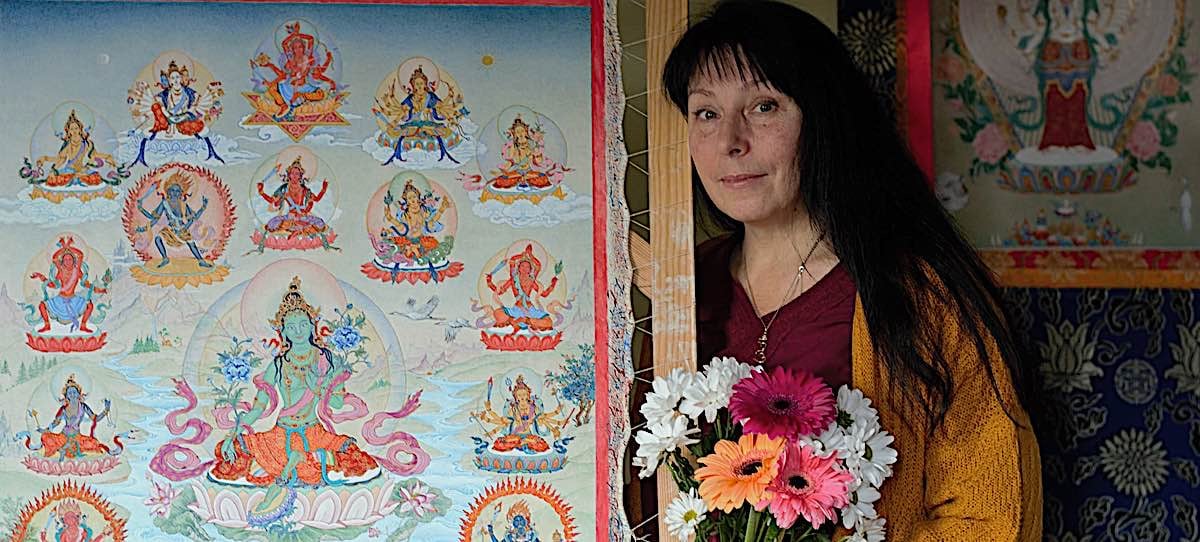
















![Run An Ecommerce SEO Audit in 4 Stages [+ Free Workbook]](https://api.backlinko.com/app/uploads/2025/06/ecommerce-seo-audit-featured-image.png)





